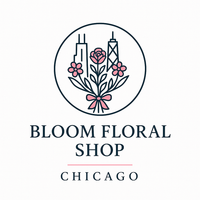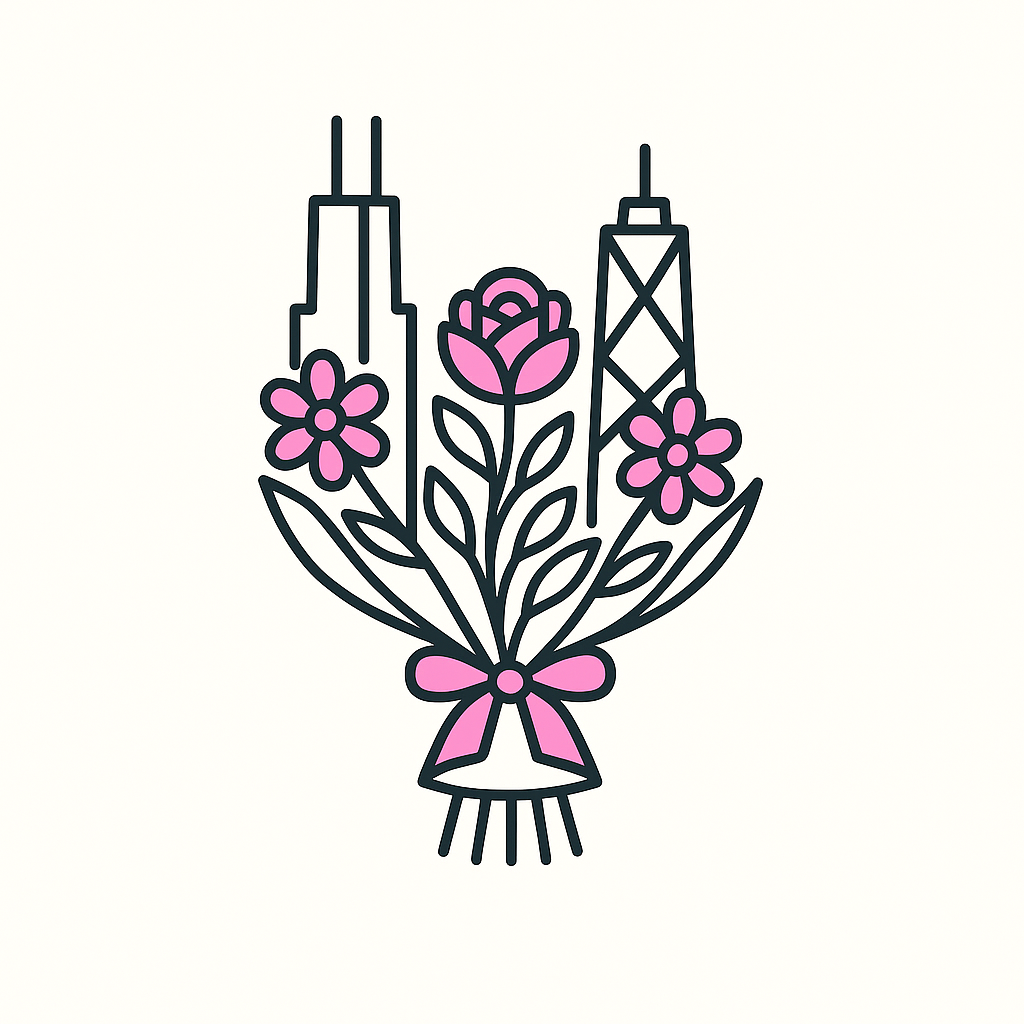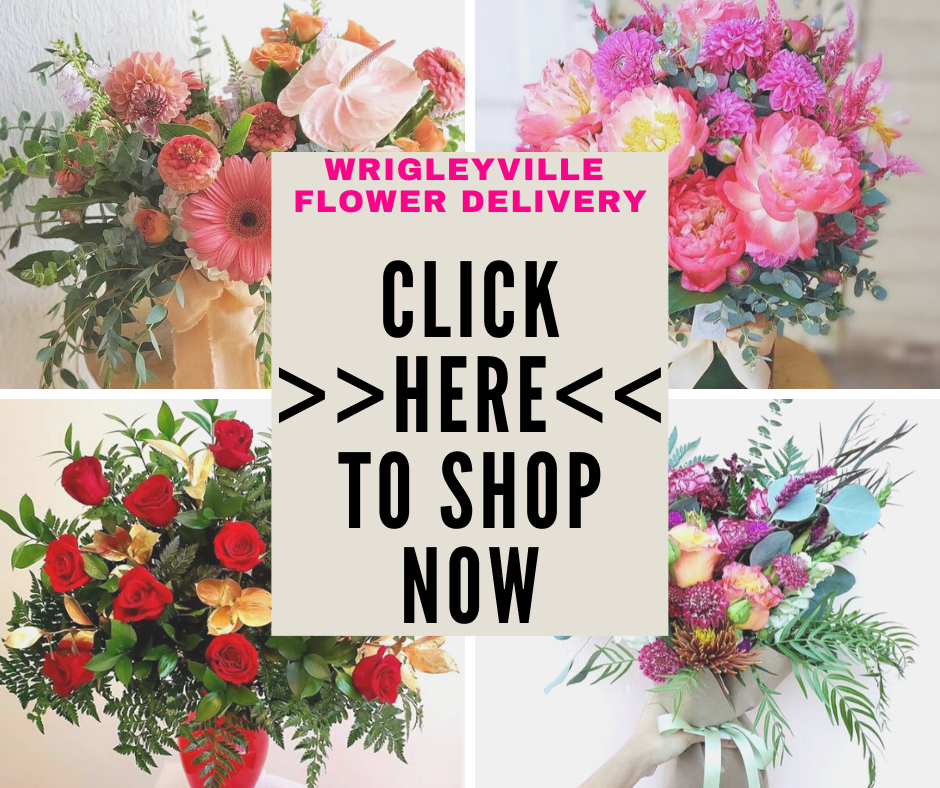10 Questions to Ask Your Florist
10 Questions to Ask Before Hiring Your Florist
Get the answers to these biggies before signing on the dotted line.
Bridesmaid holding a bouquet
SAMANTHA KIRK PHOTOGRAPHY
by Lauren Kay
The responsibilities that fall under the umbrella of "florist" can vary greatly, and it's important you get those details ironed out before working out a contract. If you haven't hired a florist before (which is most to-be-weds) then you may feel like you're in uncharted territory. Don't worry—we've got your back. Work these questions into all of your florist interviews and we guarantee you'll walk away feeling confident in your decision.
1. Have you done many weddings?
Why you want to know: This is really code for: Do you know what you're doing? Experience is usually a good indicator of expertise, and that's important since it will mean they'll be able to guide you through the process easily—even if you throw in some curveballs, like asking how to create less expensive alternatives or which flowers are in season or grow in the region.
READ MORE
Fresh Florals: 20 Totally New Ideas to Inspire Your Arrangements
2. Can I see photographs or live examples of your work?
Why you want to know: Be wary if the answer is no. Pictures of past bouquets and centerpieces will give you a sense of whether you and the florist have the same taste. Seeing photos of their work will let you know exactly what they're capable of and how it compares with your inspiration bouquets. The trick here, though, is having them tell you if the photo was something they consider their style or if it was the couple's vision. Neither answer is bad—if you love the look, you know they're capable of making it again; if you hate it, ask to see something they think is reflective of their own style.
3. Have you done weddings at our ceremony or reception site before?
Why you want to know: If they have, they'll be knowledgeable about what sizes, shapes and colors work in the venue. It's also a great way to see how other couples transformed the space. If they haven't, ask if they'd be willing to do a site visit to scope it out and note any limitations. This isn't as essential as general experience and style, but it's super-helpful and could save you time and money.
4. How many weddings are you handling on the same day or weekend as mine? Will you simply be dropping off flowers, or will you be helping set up too?
Why you want to know: If your florist is handling multiple clients, you'll want to ensure they have enough staff and time to go around. Make sure to discuss your vision with the person who will actually be working on your wedding flowers. You'll pay more for a full-service florist who makes sure everything is in order the day of, but it's often worth the peace of mind.
5. How do you like to work with clients?
Why you want to know: Maybe you can picture your bridal bouquet, right down to the number of stems—or maybe you have no idea and would like some serious hand-holding. Find your floral match. Some florists love input from their clients, while others work better with more freedom to handpick the freshest stems or stretch the palette a little. Hire someone whose creative process matches your needs. It will make this planning step better for everyone involved.
6. Are you willing to work within my budget?
Why you want to know: This seems obvious, but it's not just about making sure the florist will take the job. If your budget is low, talk openly and honestly about how much you can spend at your initial meeting. Sometimes hearing "no" is a good thing, because then you can figure out how to compromise early on. Maybe it's impossible for anyone to accomplish what you want within that price range (read: you want a lush flower wall on a shoestring budget). Most florists can work with you no matter how much you have to spend, but it's important to start the conversation early—and to be open to new ideas and alternatives.
7. Will you be responsible for working with my venue to find out about any restrictions they may have in terms of décor and installation?
Why you want to know: You don't want to be the middleman—florists have a better idea what's needed to carry out your vision, be it indoor topiaries or a 10-foot-tall floral chuppah. Ideally, your florist will communicate with your venue directly to be sure your plans don't interfere with their policies. You also want to make sure they're comfortable handling setup and breakdown without having to involve you, since you'll be pretty busy on your wedding day.
8. What other services do you offer?
Why you want to know: Most florists are actually more like event designers. You may be able to get extras, like fabric draping, lanterns, chairs, candelabras and lounge furniture, from them. Why is this a good thing? Dealing with one wedding pro rather than four or five can simplify the process and alleviate stress (sometimes you can save on delivery charges too). If they don't offer these services and you're interested in them, see if they regularly partner with a rental company. Oftentimes florists have a friend in the industry, and you can be assured the two work well together.
9. Who will handle setup and delivery? What about breakdown? How long will you need for both, and what are the fees?
Why you want to know: These are the sneaky line items on a proposal that can add up. A florist usually assesses your budget for flowers and labor only, so ask about these "extras" you can't really avoid. Also, make sure arrangements for pickup have been made for any rented items, like vases and arches.
10. What happens to the flowers after the wedding?
Why you want to know: When you hire a florist, you're typically quoted a price that includes not only the flowers but also the vases or other containers you'll be renting to display the stems. This means that while those pretty blooms are yours to keep, the urns or candelabras go home with the florist. If you're interested in repurposing the arrangements for a day-after brunch, you'll want to discuss the details with your florist. They can often work the additional cost of vases into your initial proposal.
Courtesy of The Knot
|
Frequently Asked Questions |
|
“What if you attempt delivery and no one’s home?” - We assess each delivery situation on an individual basis. If the delivery location looks safe with a protected area to keep the bouquet shaded and away from the elements, we will leave it there and follow up with a phone call to the recipient. If we are unable to leave it at the residence, our next step is to try to leave it with a neighbor. If both these options are unavailable we then leave a tag on the recipients door letting them know we were by with a special delivery. We ask that they call us to arrange a new delivery or they may come to our shop and pick up their bouquet.
“How do I make my flowers last longer?” - The best way to keep your flowers fresh is first to always keep the water level of the container as full as possible. Flowers not only take up water through the end of the stem, but also through the sides of the stems themselves. Keep your bouquet in a cool location in your home, away from direct sunlight or electronics and appliances that give off heat. With each bouquet we include a complimentary care tag and a packet of floral preservative. Simply follow the directions on the back of the packet to help extend the life of your flowers.
“Speaking of floral preservative, what’s in that stuff?” - Floral Preservatives are made up of three basic components. Sugar, for nutrition, an acidifier, to lower the water’s pH, and a class of compounds that act as stem unpluggers.
“Where do your flowers come from?” -We order our flowers from wholesalers on the east coast who buy straight from the growers. Fresh cut varieties you see in shops today are grown all over the world, in South America, Europe, Australia, Africa, and domestic nurseries in California, Florida and other warm climate states in America.
“Why does the price of flowers go up during holidays?” -Like other agriculture markets, the prices of products are largely dictated by supply and demand. For example, for Valentine’s Day, on average, more than 100 million roses are sold nationwide. Growers start on their rose crops after Christmas and require additional labor at all levels of production. Since the holiday falls in the middle of winter there are higher heating costs, and because of the volume of roses additional transportation and delivery are also needed. Each of these factors contributes to the proportionate cost of flowers during Valentine’s and other major floral holidays.
“Is it still appropriate to send flowers to a funeral if the death notice mentions a charitable donation?”
-Yes. Flowers help say what is often too difficult to express, they are always appropriate and in good taste. Flowers also play a functional role, adding warmth to the service and providing visible emotional support that the family needs during this time. |



